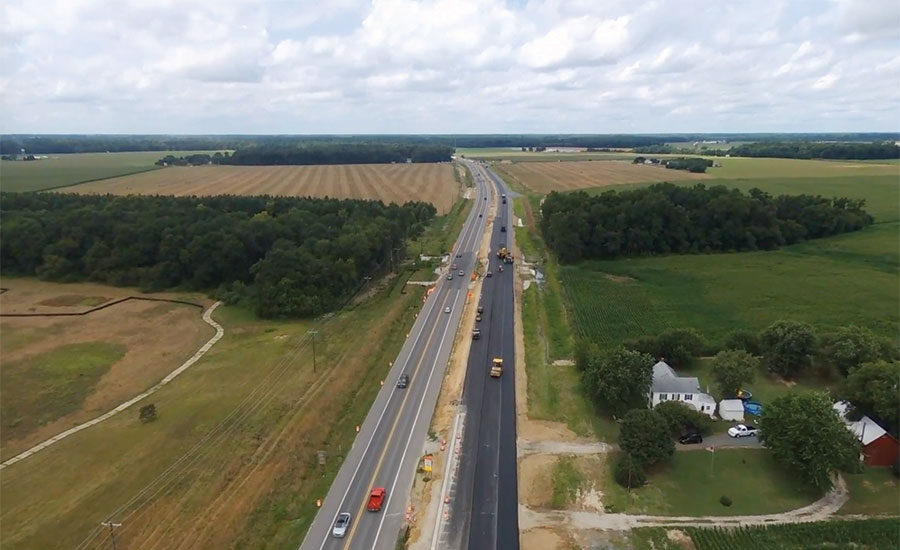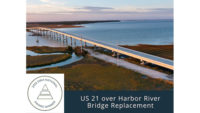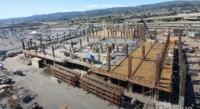Communication skills and emotional intelligence are critical not only to successful design-build delivery projects but also to attraction and retention of new talent in the A/E/C industry. Increasingly, case studies indicate that communication is vital for handling risk, price and schedule on complex projects.
“The genesis of almost every dispute ever resulted from a lack of communication,” said Robynne Parkinson, a construction attorney, addressing attendees of the Design-Build Institute of America’s annual transportation conference. “I have seen projects tank due to one tiny miscommunication.” The conference, held in Cincinnati April 8-10, included airport design and construction along with its traditional highway and mass transit themes.
“We have to get serious about technology and partnerships,” said Geoff Neumayr, chief development officer with San Francisco International Airport, discussing progressive design-build. “Getting stakeholders involved at the beginning is important … it’s not about a ‘master builder’ anymore … it’s about a master team.”
Early discussions include whether the design-build team will self-perform certain tasks or sub them out, he noted. “Nobody knows what will happen. We know it will; we just don’t know what it is,” he said. Packages can be incrementally awarded before setting the guaranteed maximum price (GMP).
He emphasized that the owner should set a conceptual budget with reserves and contingency. “The design-builder adds to the base scope; some can be removed if the GMP goes up.”
Communication, largely in the form of constant meetings, figured prominently in the ability to widen over 9 miles of state route MD 404 in 20 months in Maryland, say project officials. Two competing design-build teams formed a joint venture of three contractors and three design firms, dividing the project into three segments. When difficulty acquiring all the approvals jeopardized the schedule, “we brought all the executives together” to work it out, said Thomas Heil, construction manager with Allan Myers, one of the lead contractors.
Another panel discussed distribution of risk regarding utilities. In Canada, a baseline document regarding utilities is created at the outset, said Lawrence Arcand, utility engineering and surveying area manager with Cardno. “With no base knowledge, you’re snookered. The owner should spearhead getting that information and eliminate unknowns as much as possible.”
Interpersonal communication and a welcoming work environment were the themes addressed by the keynote speaker, industry coach Brent Darnell. He invoked the Ritz-Carlton customer service philosophy of making everyone feel welcome. By contrast, in the construction industry, “We don’t do that a lot,” he said. Darnell recalled visiting a project site where he was ignored until someone barked at him to close the door. “What if I were the owner? What atmosphere are you creating?”
The goal is to make the industry more fun, lean, innovative and relationship-driven, he said. “Design-build is a big part of that.”
By Aileen Cho in Cincinnati






